Category: Latter-day Saint Thought
-
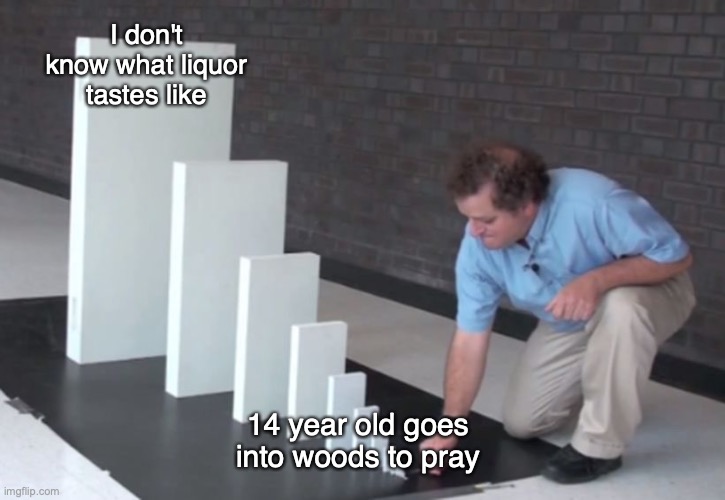
If I Didn’t Believe, Part III: Living a Non-Latter-day Saint Life
Word of Wisdom I accidentally drank beer once, and found it gross. I’ve been told that it’s kind of an acquired taste, so given the harms it does I probably just wouldn’t acquire it even if I didn’t have any religious scruples about doing so. However, I like new experiences, so I’d probably try…
-
Susa Young Gates and Joseph F. Smith’s Vision
The vision that we have printed as Section 138 was received by Joseph F. Smith in the last few months of his life. Among the very first people he asked to have review the document was none other than his friend, Susa Young Gates. In one of the excellent essays presented in the Revelations in Context book,…
-
Antipus, a Forgotten Hero
This is a guest post by Brian Stubbs. The faith, feats, and divine protection of the 2,000 stripling warriors is a favorite episode for many readers of The Book of Mormon. Yet a number of less-than-obvious details may muster even more admiration. The people of Ammon were called Anti-Nephi-Lehi (Alma 23:16-17), likely meaning ‘those of…
-
Clare Middlemiss and David O. McKay
In a church hierarchy made up of humans, it is possible for people who we don’t usually think about to have power and influence in ways that aren’t immediately obvious. During the David O. McKay administration, his personal secretary (Clare Middlemiss) was one such person who has not commonly been discussed, but who had an…
-

If I Didn’t Believe, Part II: God, Jesus, and Other Religions
God: I feel like the belief in God is one of those almost congenital predispositions; you either believe or you don’t. Empirically, based on fine tuning and the complexity of the origin of life, I would lean towards there being an organizational force, even in the absence of a belief in the Church. Additionally,…
-
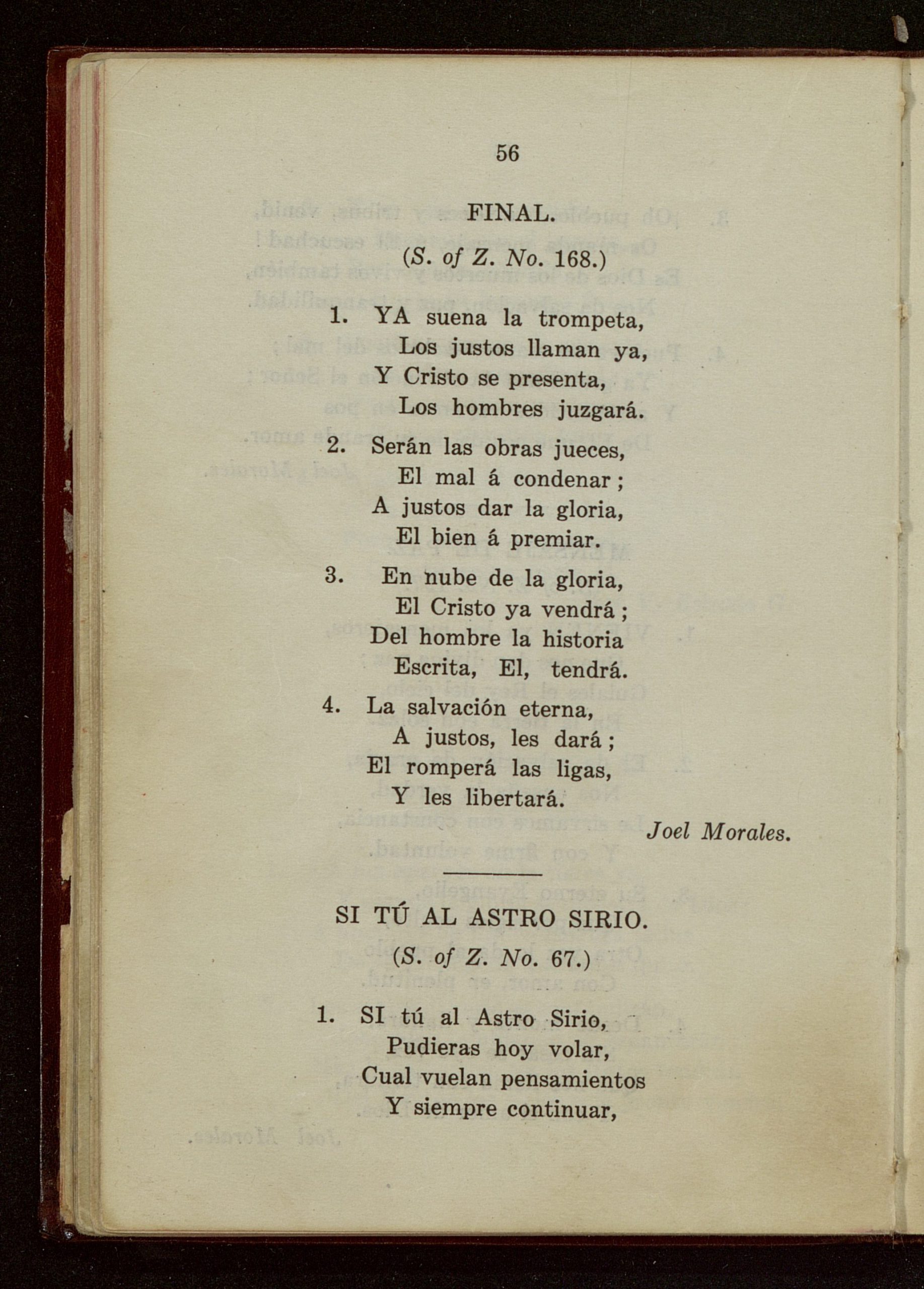
“Final”, Mexican Mission Hymns, Part 9
“Our Savior, Jesus Christ, understands our pains and our afflictions. He wants to ease our burdens and comfort us.”[1] ~Moisés Villanueva Note: This is a part of an ongoing series, the Mexico Mission Hymns Project. Hymn Text: “Final”, by Joel Morales was included in the Spanish hymnals from 1912 – 1992. The 1912 hymnal indicates…
-

If I Didn’t Believe, Part I: The Joseph Smith Trilemma, the Book of Mormon Translation, and the Witnesses
Like a lot of people who have gone through faith crises, I’ve spent some time thinking through the alternative to belief in the Church’s truth claims. If we assume that the Church isn’t what it says it is, what is the best explanation for the Church and its related claims that make sense of the…
-
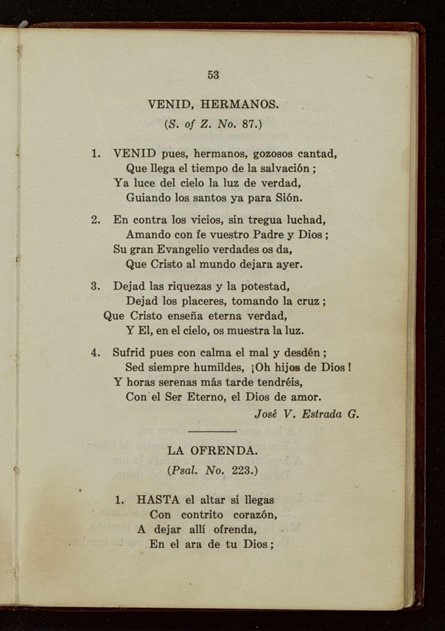
“Venid, Hermanos”: Mexican Mission Hymns, Part 8
To the degree that members of the Church live the gospel and follow the counsel of the prophets, they will, little by little and even without noticing it, become sanctified. Humble members of the Church who conduct daily family prayer and scripture study, engage in family history, and consecrate their time to worship in the…
-

The Rise and Fall of the ZCMI
Growing up in the Salt Lake Valley, one of my family’s favorite Christmas traditions was visiting the ZCMI storefront in Salt Lake City to see a display of large ornaments decorated with candy. While that tradition is carried on by Macy’s Salt Lake City store, ZCMI is gone. But the story of how ZCMI came…
-
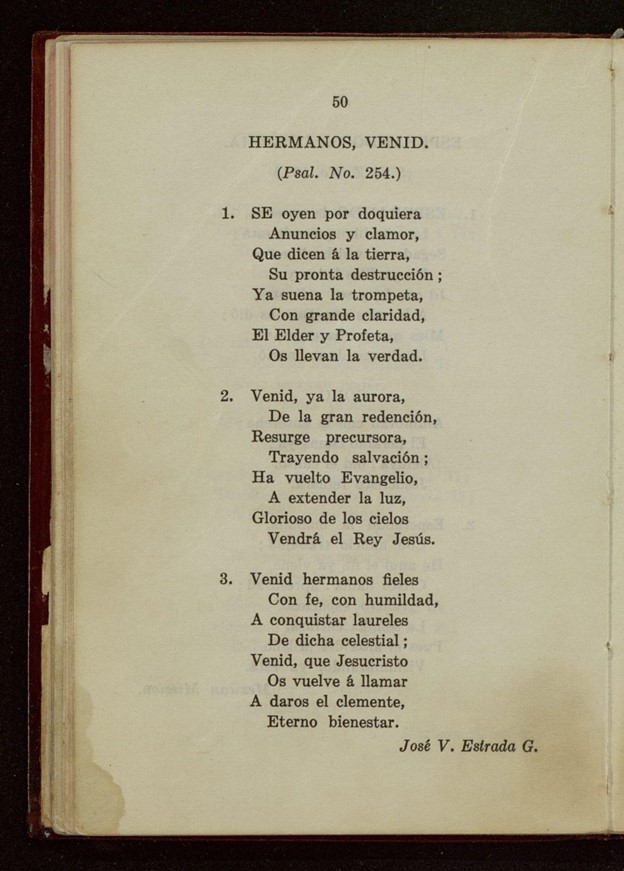
“Hermanos, Venid”: Mexican Mission Hymns, Part 7
Problems form an important part of our lives. They are placed in our path for us to overcome them, not to be overcome by them. We must master them, not let them master us. Every time we overcome a challenge, we grow in experience, in self-assuredness, and in faith.[1] ~Horacio A. Tenorio Note: This is…
-
Ann Madsen and Spencer W. Kimball
While Ann Madsen isn’t as well-known as her husband, Truman Madsen, she is a notable woman who has been described as “every bit the disciple-scholar” that her husband was. In a recent interview over at the Latter-day Saint history blog From the Desk, Ann discussed some of the events in her life, focusing particularly on…
-
Clarifications on Uto-Aztecan
This post by Brian Stubbs, a well-respected linguist with numerous publications on the history of Uto-Aztecan languages, is a response to an earlier post by Jonathan Green from 2019. In Times and Seasons, January 6, 2019, Jonathan Green published a post “Uto-Aztecan and Semitic: Too Much of a Good Thing.” A commenter, Steve J,…
-
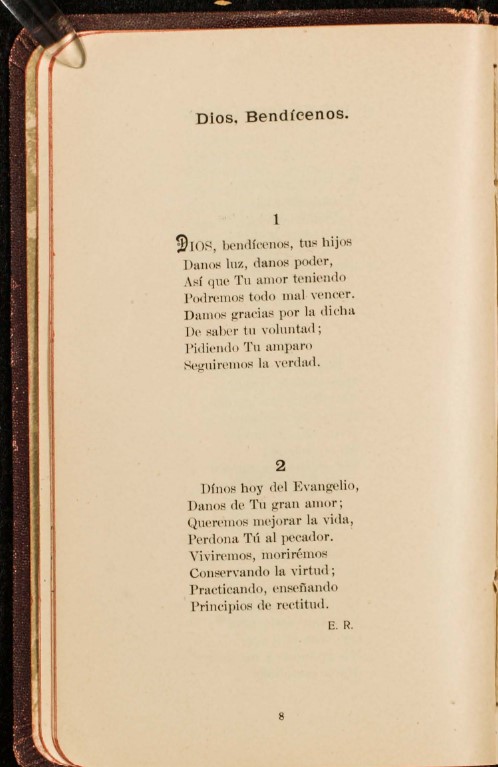
Dios, bendícenos: Mexican Mission Hymns, Part 6
LNote: This is a part of an ongoing series. To start at the introduction, follow the link here. Hymn Text: “Dios, bendícenos”, by Edmund Richardson, is an interesting example of a hymn where it’s not clear if it’s meant to be an original text, a translation of an existing hymn, or something in between. It…
-
Choosing Faith and Into the Headwinds
Belief in religion is something that can be hard in Western culture. Yet, it is something worth working towards. This idea is something that Terryl and Nathaniel Givens discussed in a recent interview on the Latter-day Saint history and theology blog From the Desk. The context of their discussion has to do with a book they…
-
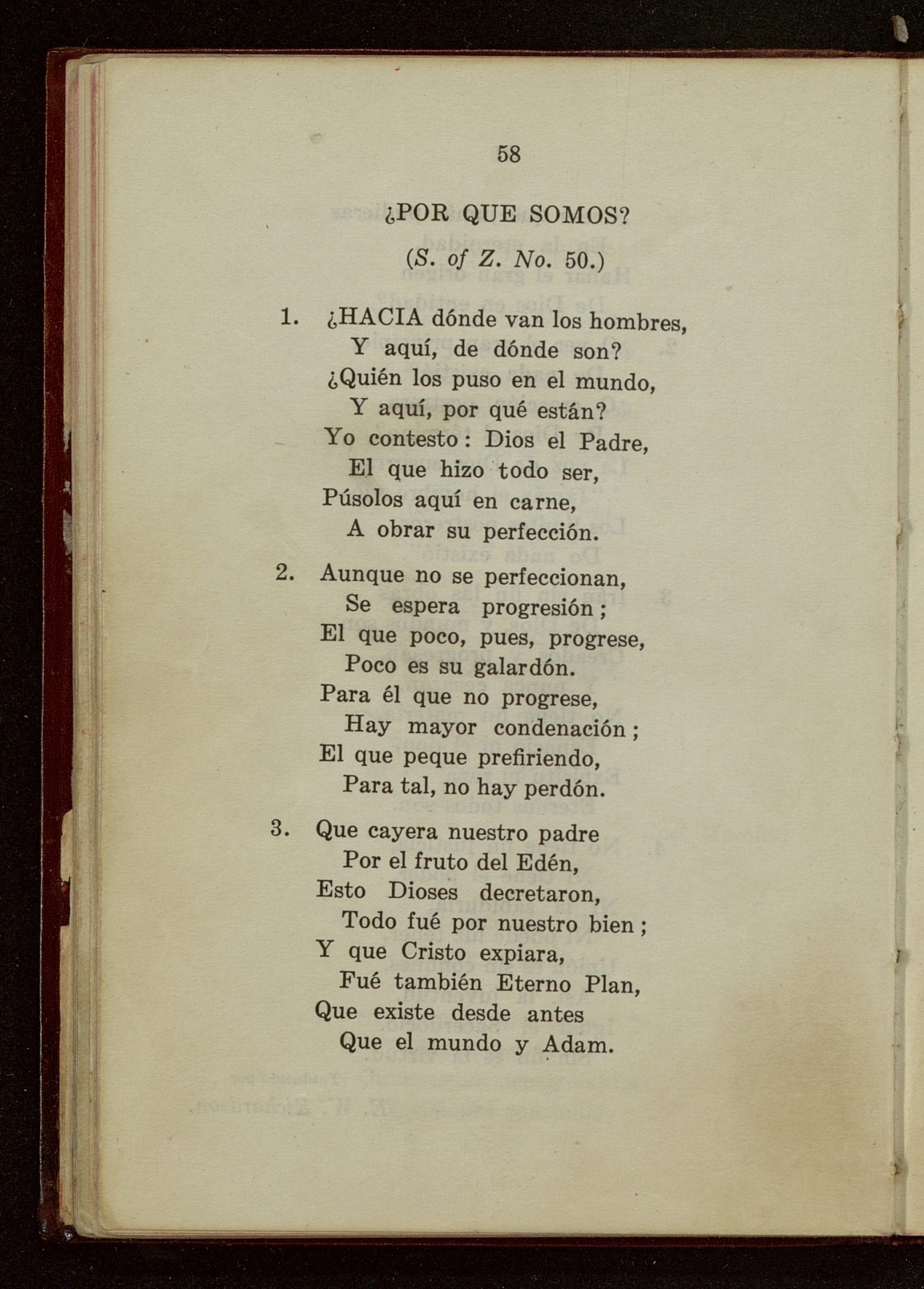
¿Por qué somos?: Mexican Mission Hymns, Part 5
Our Father knows and loves His children all over the world, from Boston to Okinawa, from San Antonio to Spain, from Italy to Costa Rica. In Ghana, President Gordon B. Hinckley recently thanked the Lord “for the brotherhood that exists among us, that neither color of skin nor land of birth can separate us as…
-
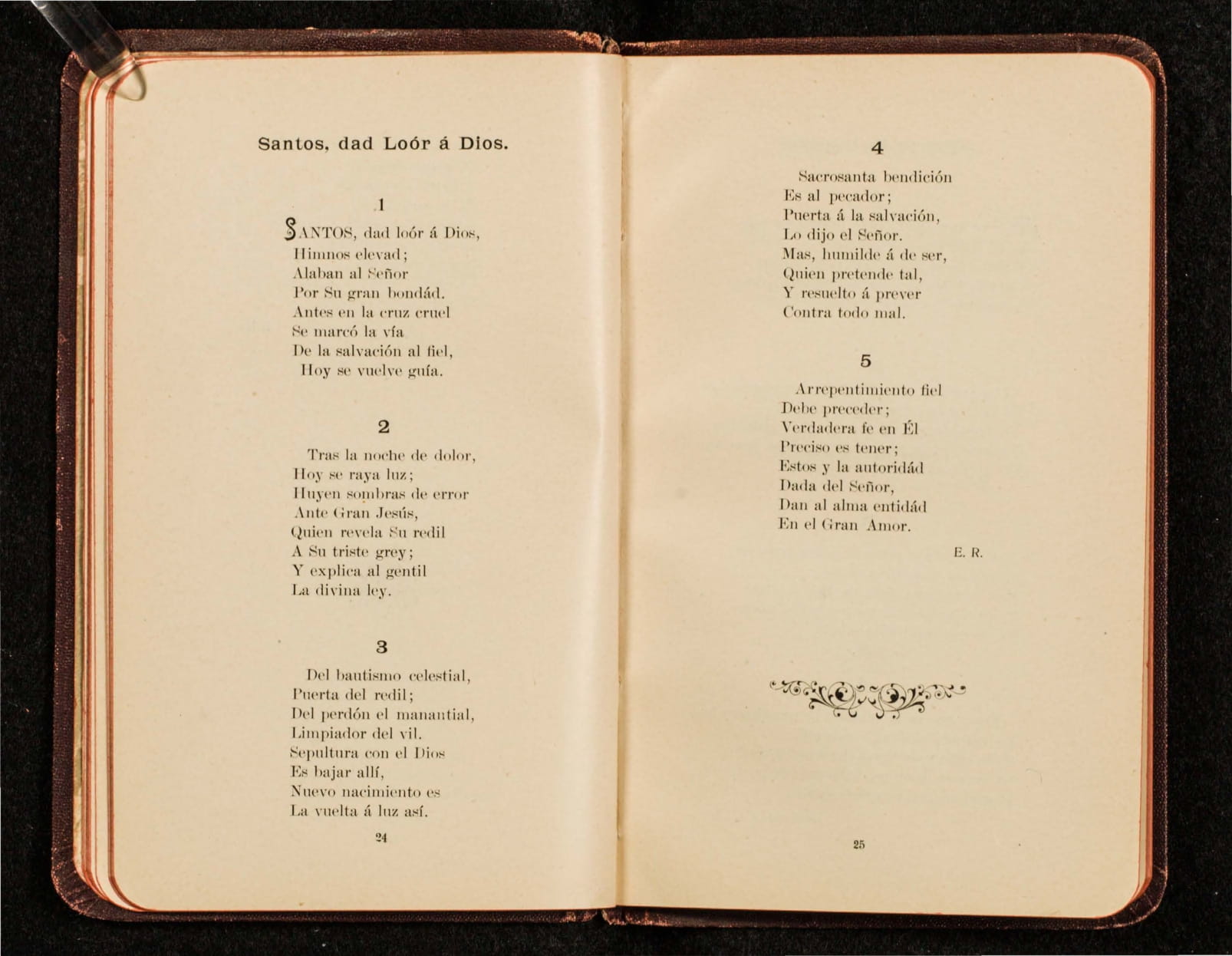
Santos, Dad Loor á Dios: Mexican Mission Hymns, Part 4
What greater power can you acquire on earth than the priesthood of God? What power could possibly be greater than the capacity to assist our Heavenly Father in changing the lives of your fellowmen, to help them along the pathway of eternal happiness by being cleansed of sin and wrongdoing?[1] ~Adrián Ochoa Note: This…
-
Mexican Pioneers
Back in 1997, M. Russell Ballard spoke about how we should take the “opportunity to honor … the remarkable efforts of our pioneers in every land who have blazed spiritual trails with faith in every one of their footsteps.” (M. Russell Ballard, “You Have Nothing to Fear from the Journey,” Conference Report, April 1997.) In…
-
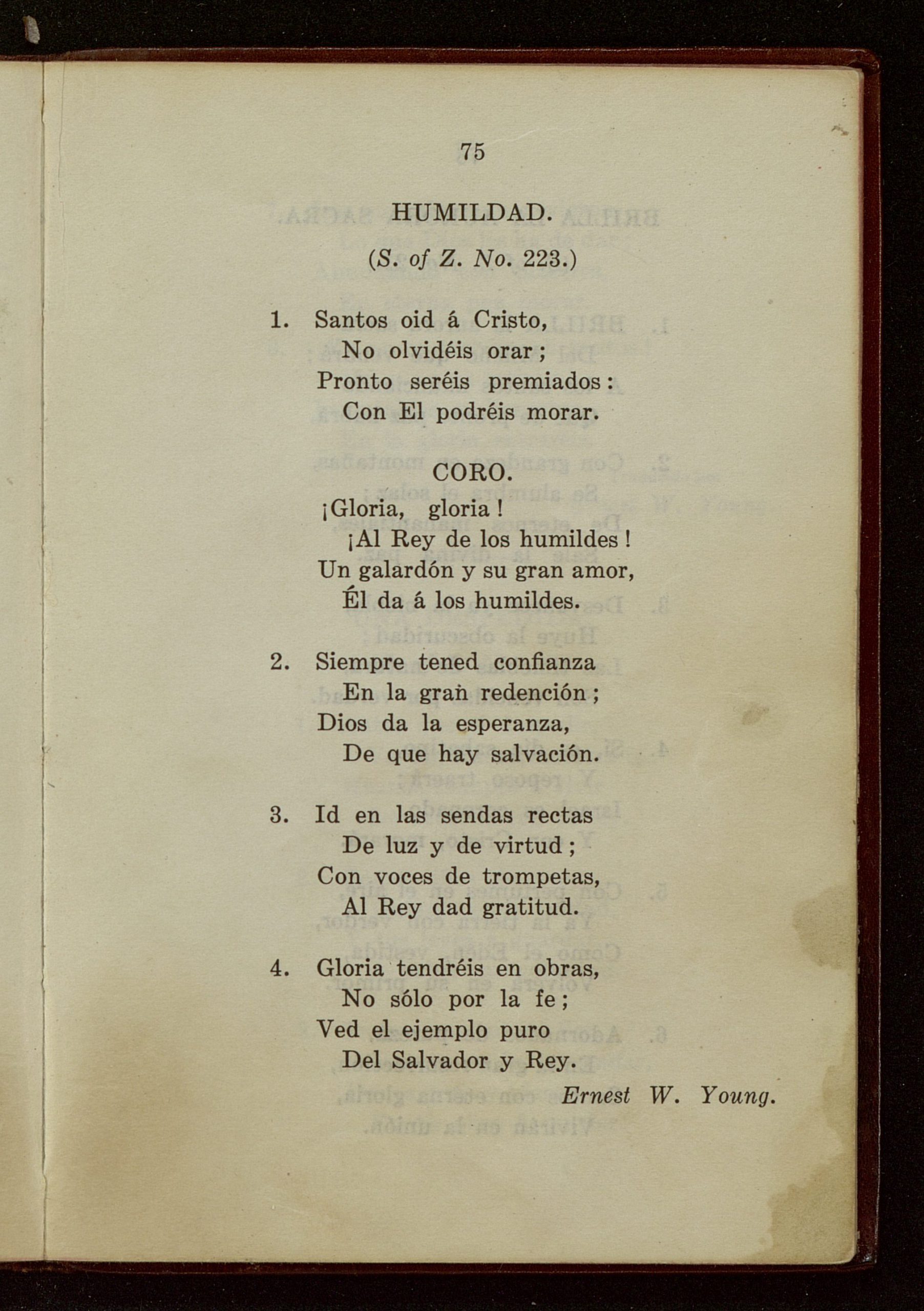
Humildad: Mexican Mission Hymns, Part 3
Oh, beloved brethren! Let us always remember the teachings of the prophets, let us always remember the teachings of our Lord Jesus Christ which he brought us in the meridian of time. Let us remember also his exhortations to our people here in the Americas, which are recorded in the Book of Mormon; let us…
-
Mormon Women at the Crossroads
Caroline Kline’s Mormon Women at the Crossroads: Global Narratives and the Power of Connectedness (University of Illinois Press, 2022) is an important contribution to studies of the Church of Jesus Christ of Latter-day Saints in the 21st century. The book is based on a series of oral interviews that Kline did with women of color in…
-
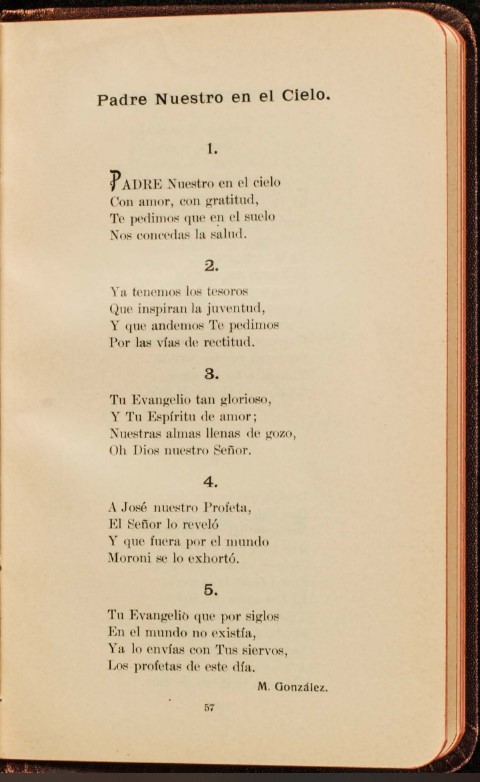
Padre Nuestro en el Cielo: Mexican Mission Hymns, Part 2
Note: This is a part of an ongoing series, the Mexico Mission Hymns Project. Hymn Text: Padre Nuestro en el Cielo by Manrique González was one of the earliest-published Spanish hymns in the Church of Jesus Christ of Latter-day Saints. It was published in the 1907 Mexican Mission Himnario Mormón (p. 57, see Figure 1)…
-
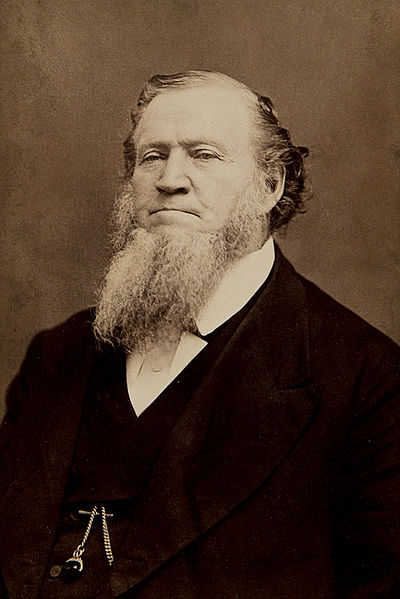
Looking at the Prophet Anew (Brigham Young edition)
How we understand and view President Brigham Young as the second prophet of the Restoration is often in a much more negative light than how the Prophet Joseph Smith is viewed. In a recent interview at the Latter-day Saint history blog From the Desk, Chad Orton discusses some of why that is and offers additional thoughts…
-
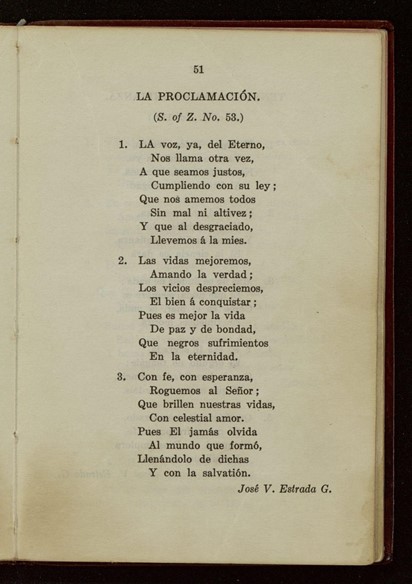
La Proclamación: Mexican Mission Hymns, Part 1
“I know for myself that Joseph Smith was a prophet because I have applied the simple promise in the Book of Mormon: ‘Ask God, the Eternal Father, in the name of Christ’ (Moroni 10:4). In simple words, look up.”[1] ~Adrián Ochoa Note: This is a part of an ongoing series, the Mexico Mission Hymns Project.…
-
Announcing a Mexico Mission Hymns Series
I’m excited to announce a new project that I’ll be sharing on Times and Seasons over the next few months – my Mexico Mission Hymnody project. A few years ago, a future new edition for the Hymns of the Church of Jesus Christ of Latter-day Saints was announced. While working on what would become my…
-
To Ezra or not to Ezra…
Ezra is an important figure in the Hebrew Bible, but there are some concerns that have been raised over the historical record around him and some interesting places where he is missing in that record. In an interview over at the Latter-day Saint history blog From the Desk, the Biblical scholar Charlotte Hempel discusses some…
-
Shaking the Dust from Your Feet
Have you ever performed a ritual shaking of the dust from your feet? I never have (in fact, I’m pretty sure I was specifically instructed to not do that as a missionary), though as a 20-year old, I was somewhat tempted while serving a full-time mission on a few occasions. In an interview over at…
-
Grass Roots in Mexico
Grass Roots in Mexico: Stories of Pioneering Latter-day Saints by F. LaMond Tullis (Provo: Religious Studies Center, Brigham Young University, 2021) was one of the books I was most excited to see on the lists of books coming out in 2022. Released in early July, Grass Roots in Mexico offers an important glimpse into the…
-
BYU Professors Calling the Brethren Autocratic Fascists is Not Going to Help Anybody
At a recent post over at BCC, a tenured BYU-X professor communicates some anxiety about CES’ new direction, which is certainly their right, but in doing so the author calls the people who made this decision (i.e. the brethren, if that wasn’t clear from Elder Holland’s talk) autocrats, and prominently displays the fasces at the…
-
Women and the Priesthood with Lisa Olsen Tait
“Do women have the priesthood?” You would think the answer would be a simple yes or no for members of the Church of Jesus Christ of Latter-day Saints. The reality, however, seems to say differently, with people arguing for a whole spectrum of answers while discussing this topic of perennial interest. In a recent interview…
-
A Time When Tithing was Almost Done Away
In the aftermath of the US Civil War, the Church faced a heavy tax settlement that led to a contemplated hiatus in requiring tithing. In a recent interview over at the Latter-day Saint history blog From the Desk, Samuel Brunson discussed how that situation came about, what the leaders of the Church tried in order…
-
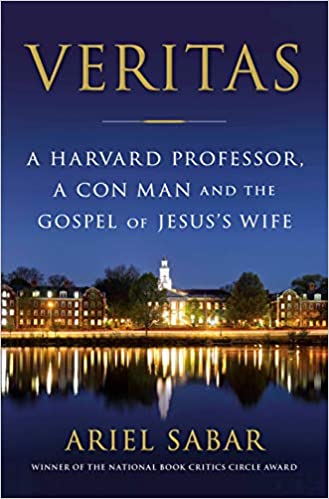
Book Report-Veritas: A Harvard Professor, A Con Man, and the Gospel of Jesus’ Wife
This is a well-written journalistic account of a scandal that happened in the biblical studies community in 2012 when a purportedly ancient parchment surfaced that contained the words “Jesus said to them ‘my wife.’” Despite some red flags such as bad Coptic grammar, Professor Karen King, one of the preeminent scholars in the field, became…
